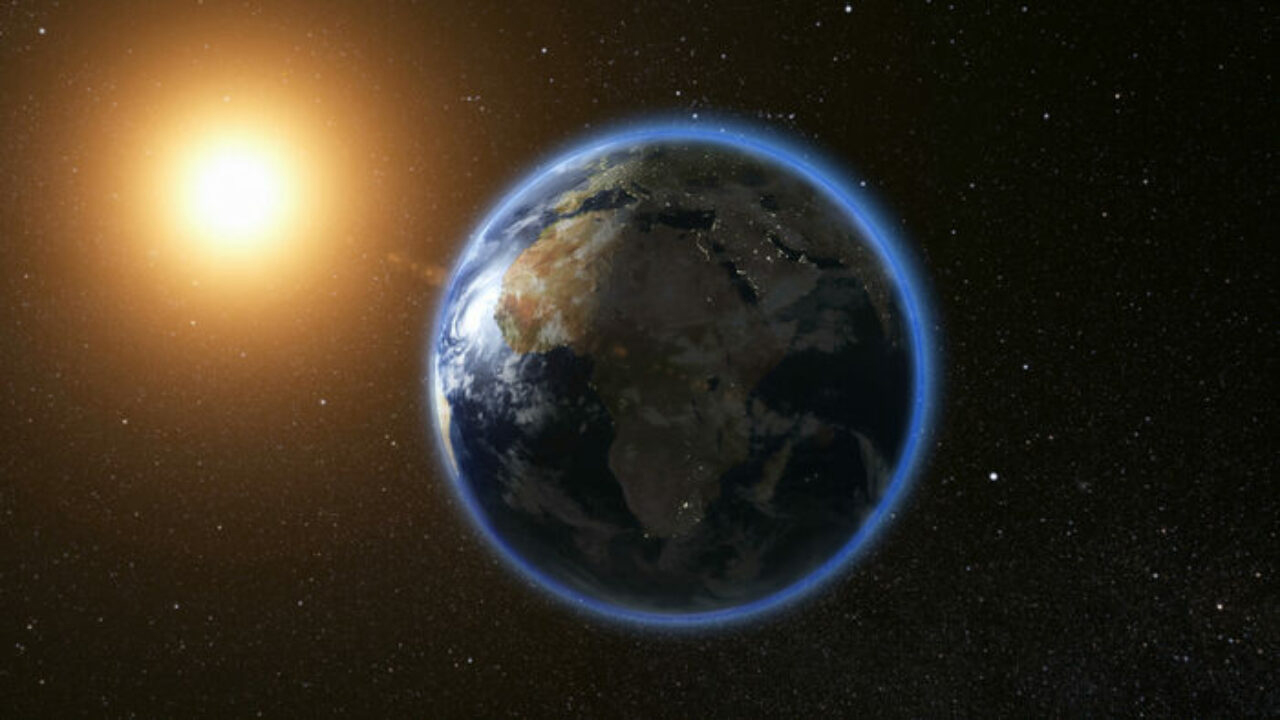The Earth rotates faster, in 2020 it set a new record
Source: HW Upgrade added 12th Jan 2021
The Earth has revolved around its axis 28 times faster than the previous record of 2005. The shortest day of all was 19 July, when the Earth has completed its rotation 1, 4602 milliseconds less.
by Manolo De Agostini published 12 January 2021 , at 17: 41 in the Science and Technology channel
The 2020 was a particular year and given what happened, it seemed like an endless year . In truth, however, the rotation of the Earth around its axis , and therefore the duration of the days, was more often than not faster than average . Last year the were registered Faster days since the surveys began over the years 60.
We speak of milliseconds of course, and this should not be seen as an alarming phenomenon, in fact the rotation speed varies slightly due to changes in atmospheric pressure and the behavior of winds, ocean currents and core movements. The problem is all of who has to establish, through very precise atomic clocks, the coordinated universal time (UTC) to which the clocks refer.
From the years’ 60 to date there have been 27 interventions to put the astronomical time in line with the atomic time , with adding a leap second . The latest addition dates back to 2016, when at 23: 59: 59 New Year’s Eve an extra “leap second” was added. However, the acceleration in the rotation of the Earth could, for the first time, require a new device: the application of a negative leap second.
In short, instead of adding it will be necessary to subtract. This is because the average duration of one day is 86. 400 seconds, but an astronomical day in the 2021 will be 0, 05 shorter milliseconds , on average, for an overall delay of 19 milliseconds of atomic clocks.
“It is entirely possible that a negative leap second will be needed if the Earth’s rotational speed increases further, but it is too early to tell if this is likely to happen,” he said. physicist Peter Whibberley of the National Physics Laboratory in the UK told The Telegraph. “ There are also ongoing international discussions on the future of leap seconds , and it is also possible that the need for a negative leap second may lead to the decision to end leap seconds forever “.
As written at the beginning, the Earth has broken the previous record of the shortest astronomical day, established in 2005, ben 28 times in the course of 2020. The shortest day of that year, July 5, saw the Earth complete a full rotation of 1, 0516 milliseconds plus quickly than 86. 400 seconds. The shortest day of 2020 was 19 July, when the Planet has completed rotation 1, 4602 milliseconds faster than 86. 400 seconds.
Follow us on our Instagram channel, lots of news coming !
